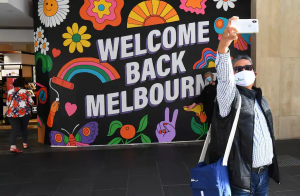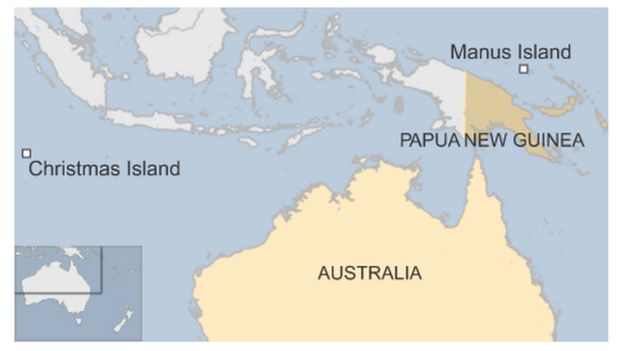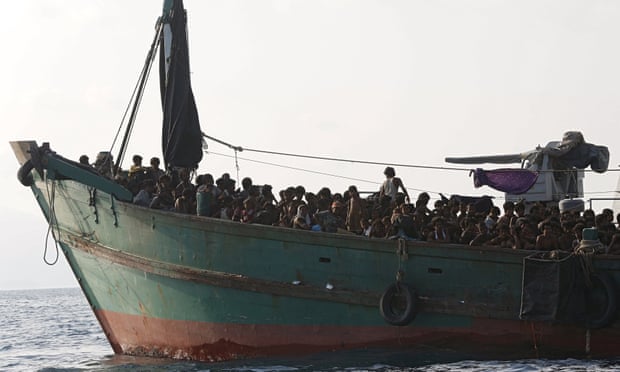By: Dianne Jahangani
Journal of Global Rights and Organizations, Administrative Editor
AUSTRALIA – As the world continues to face the COVID-19 Pandemic, each country has been tasked with the duty of protecting the lives of its citizens. In the next few months, as the world enters the one-year anniversary of battling against this virus, individuals are growing more impatient by the day. Everyone is focused on surviving the Pandemic to the best of their ability, but what happens when the governments that you look to in times of protection are the same entities that are causing you more harm? Shocking as it may seem, Australia, a nation that has score of 97/100 on Freedom House, is one of these such governments that is causing harm.

COVID-19 is a scary reality that every single person in the world has been living with for almost a year now; as if that was not enough, when Sydney, Australia made the decision to lockdown more than 3,000 people in public housing towers to contain a COVID-19 outbreak in July 2020, its decision violated human rights. Eight of the nine public housing towers confined its residents in the apartments for a total of five days. Further exacerbating the situation, the ninth tower was under lockdown for a total of two weeks. During this time, residents were left without food and medicine.
Residents did not receive a warning before being required to lockdown. As such, the residents have since reported that they felt trapped and traumatized, and suspected discrimination since the towers consisted of residents who are minorities or immigrants.
Since this lockdown, the state government has conceded that mistakes were made; however, Australia has now placed restrictions on Australians wishing to return home from abroad, which is a violation of International Human Rights of Article 12 of the International Covenant on Civil and Political Rights. The Article states, “No one shall be arbitrarily deprived of the right to enter his own country.” Tens of thousands of Australians have been stranded abroad because the government has capped the number of people allowed onto flights into the country.
Australia has been praised in the media for tackling COVID, as the nation of 26 million just defeated the second wave of surge of cases in Europe. In November of 2020, Australia recorded a total of 907 deaths, while the United States reported a death toll exceeding 234,000 at that time. It is without a doubt that Australia has been successful, but we are left with the question of “at what cost?” We have to wonder if the end goal of ensuring that no Australian is infected by the virus was worth all of the human rights violations that occurred – the lack of access to food and medicine and the restriction of re-entering the country that one is the citizen of.
For further information, please see:
CNA – Australia’s Victoria state violated human rights in COVID-19 lockdown: Report – 06 Jan. 2021
Freedom House – Australia – 06 Jan. 2021
Reuters – Australian State Violated Human Rights In COVID Lockdown-Report – 06 Jan. 2021
The New York Times – Stranded Overseas, Thousands Beg Australia to Let Them Come Home – 06 Jan. 2021
United Nations Human Rights – International Covenant on Civil and Political Rights – 06 Jan. 2021


